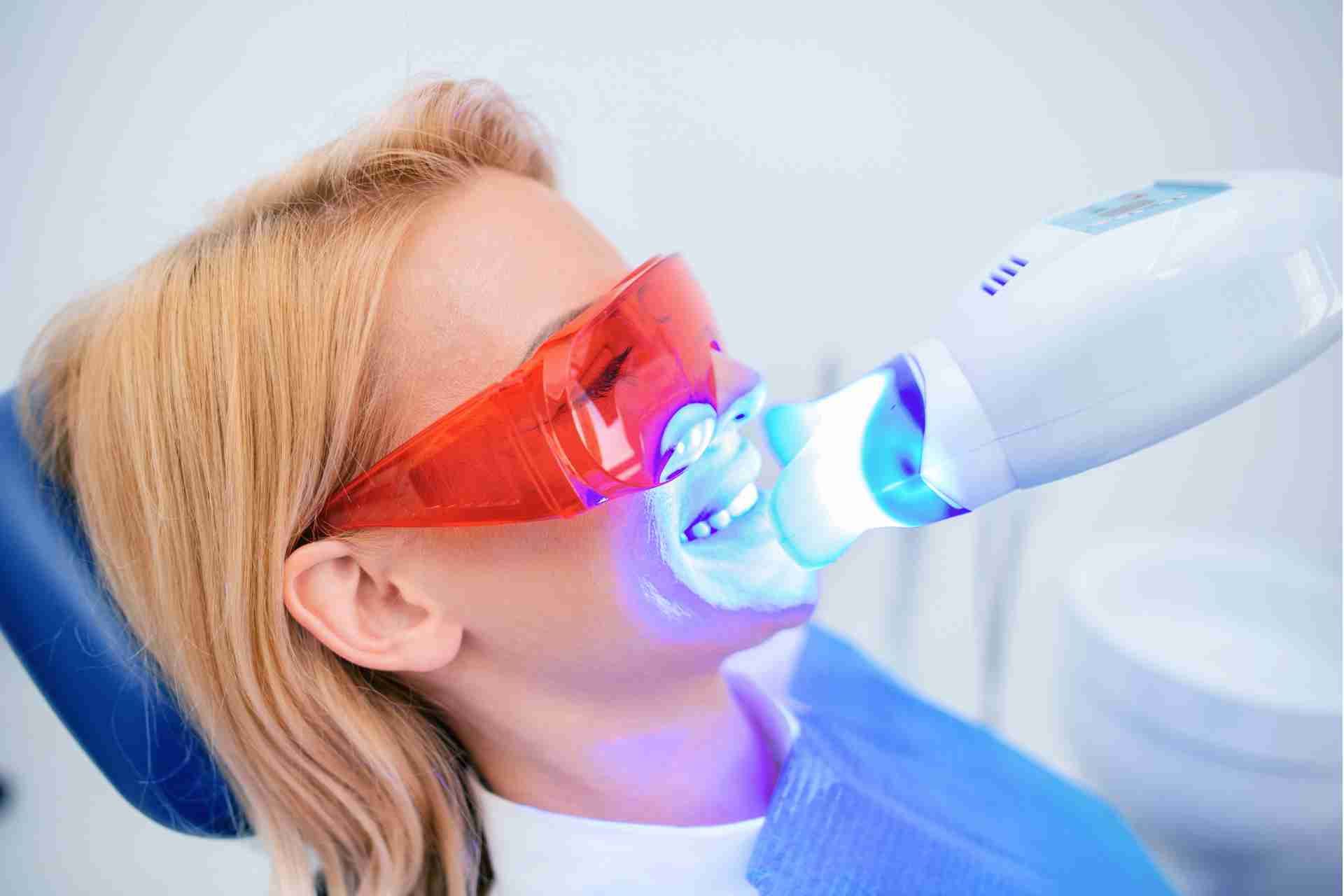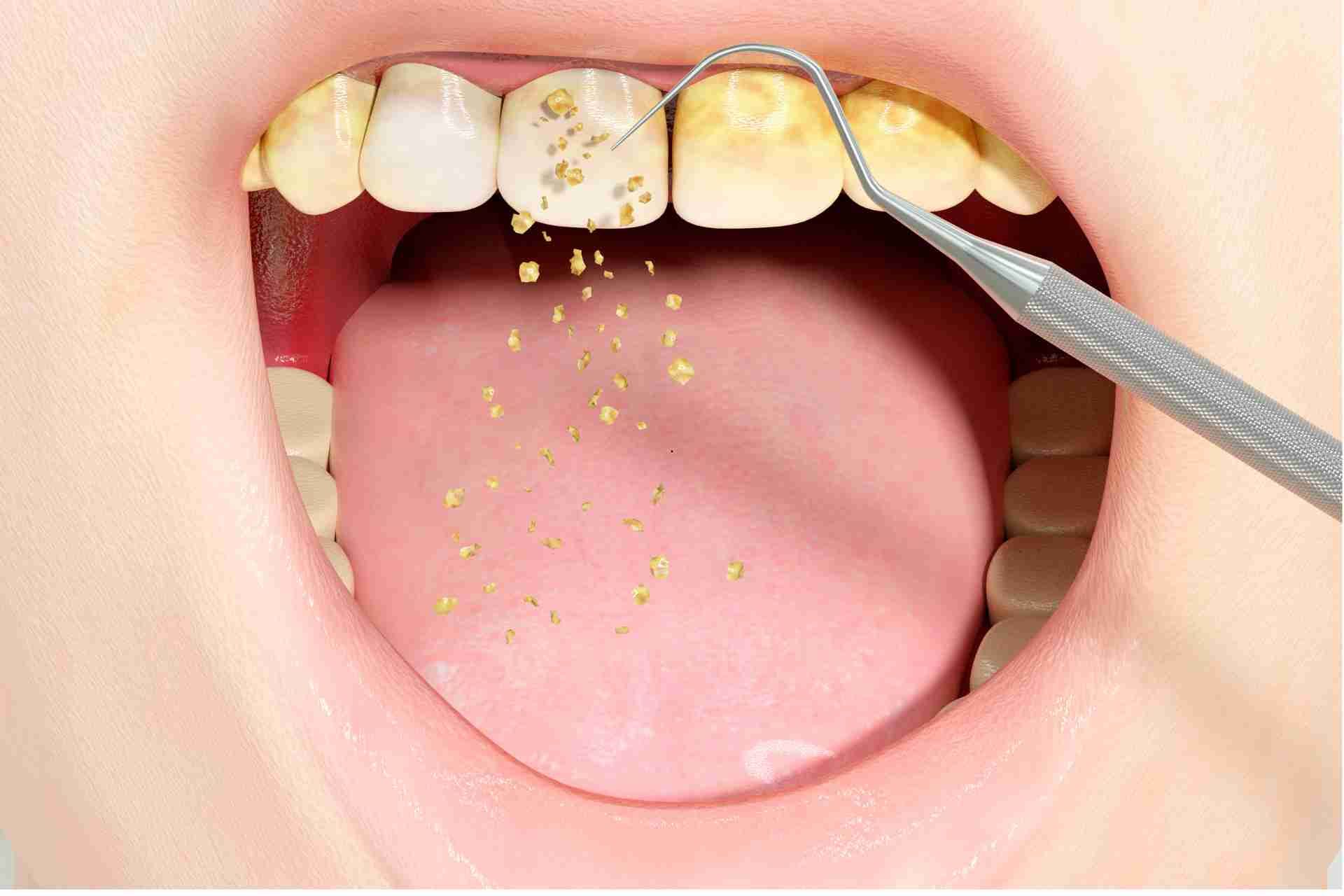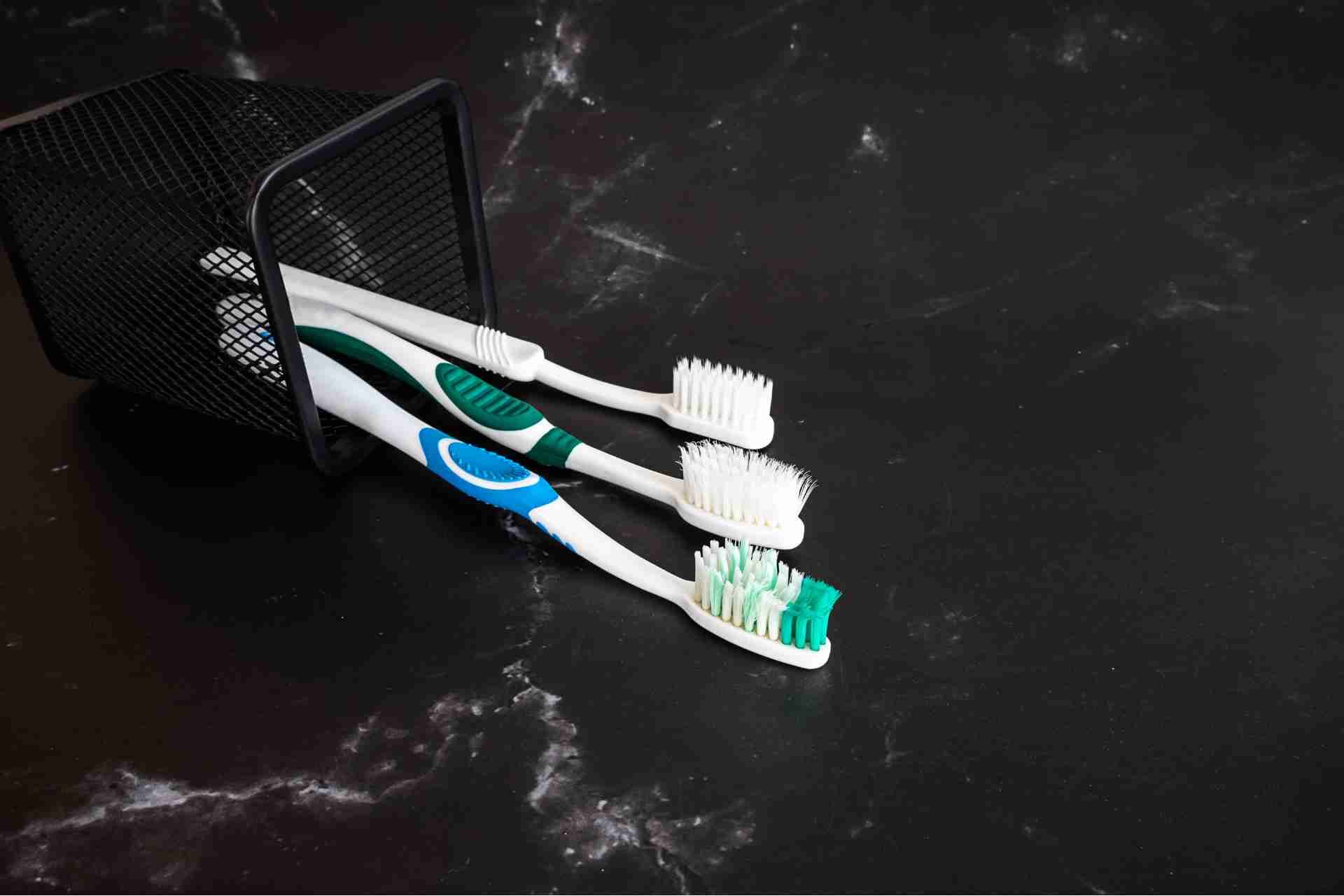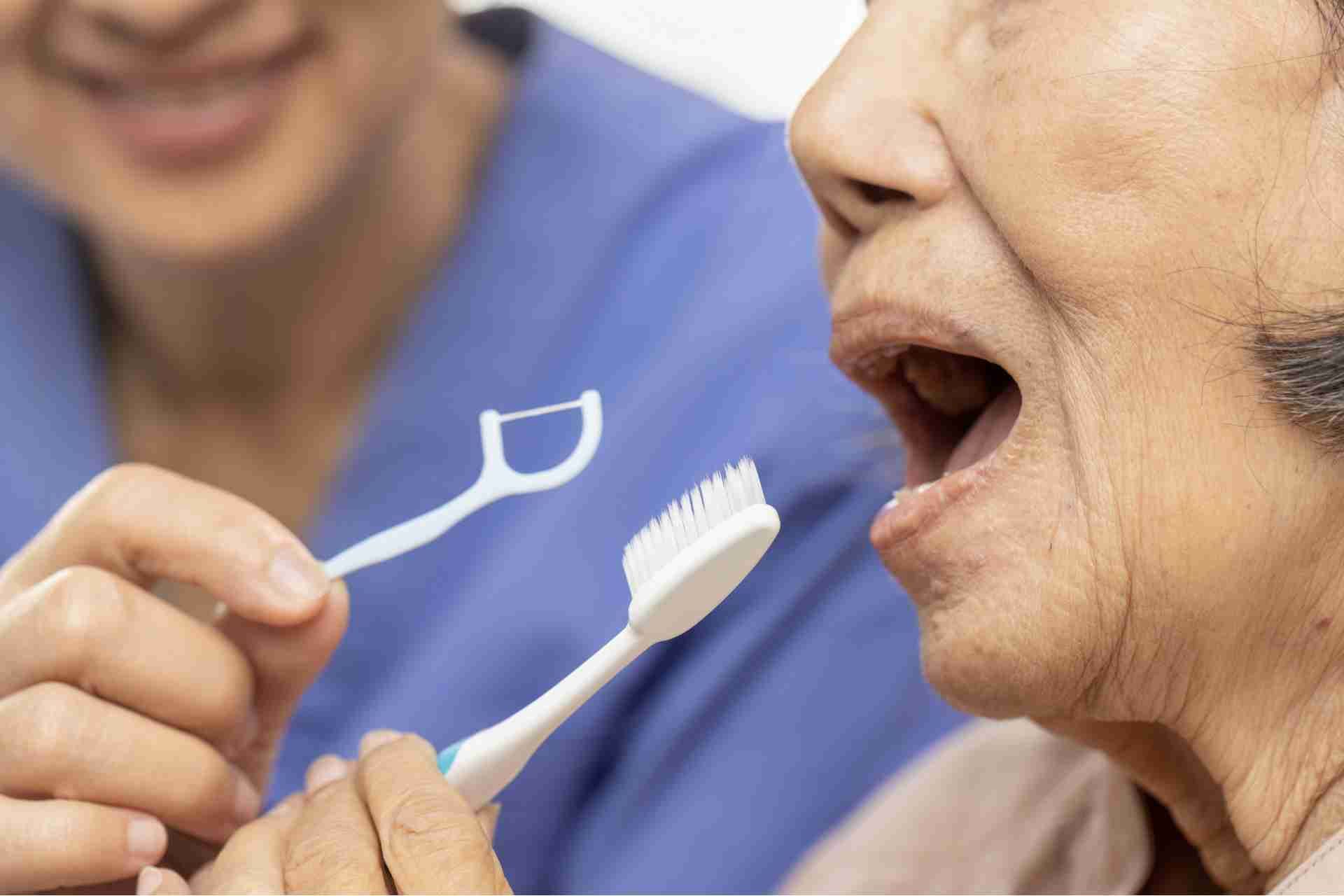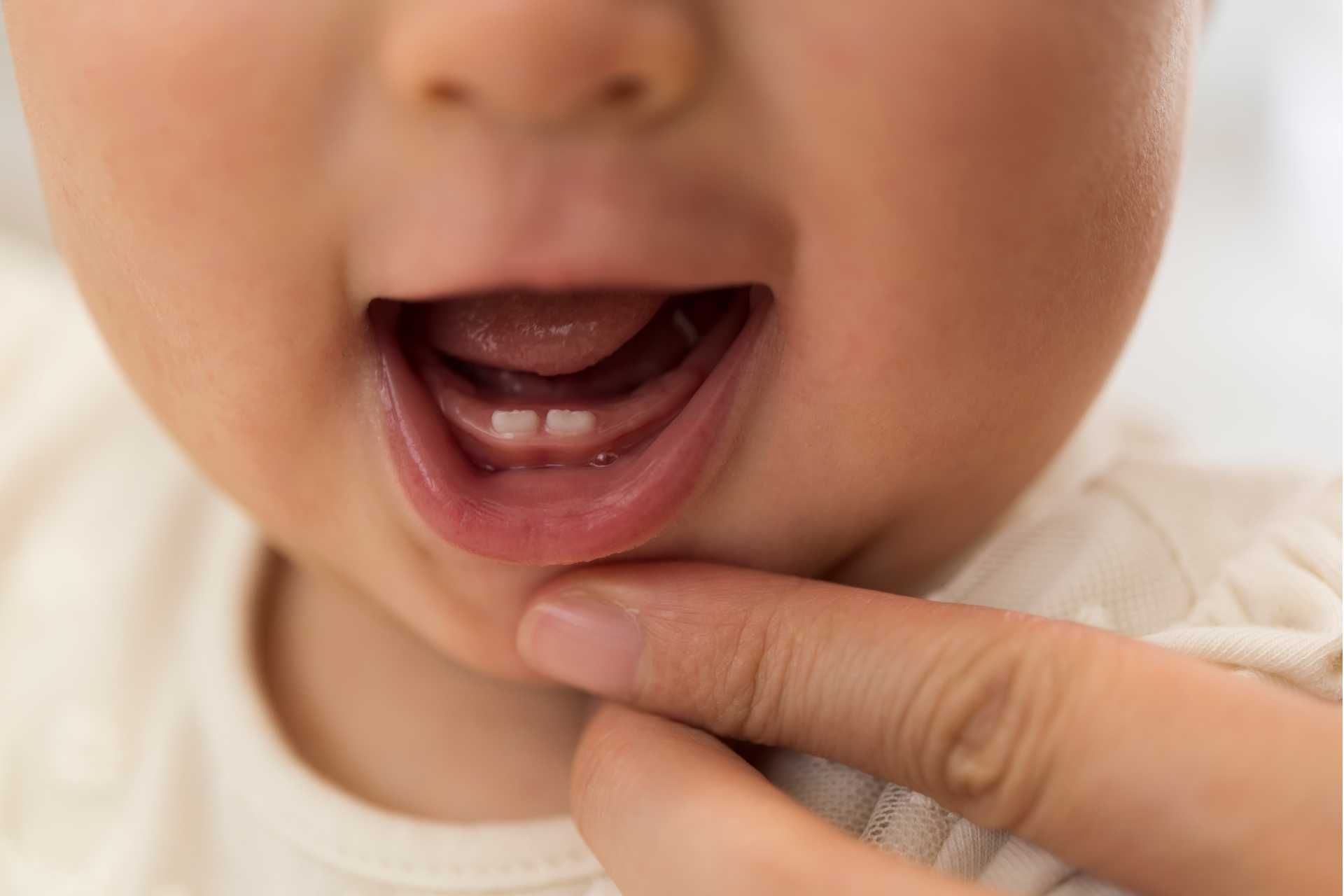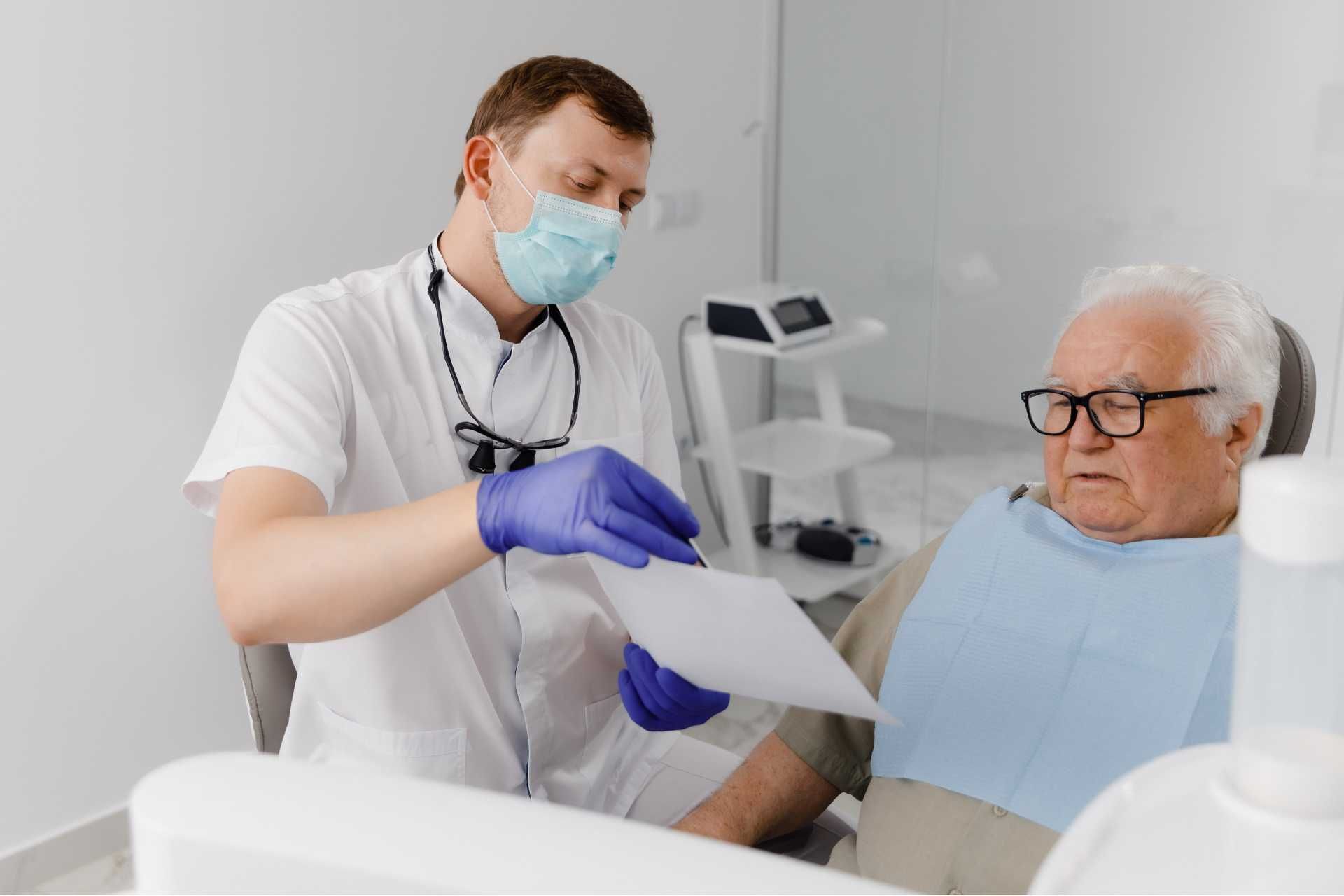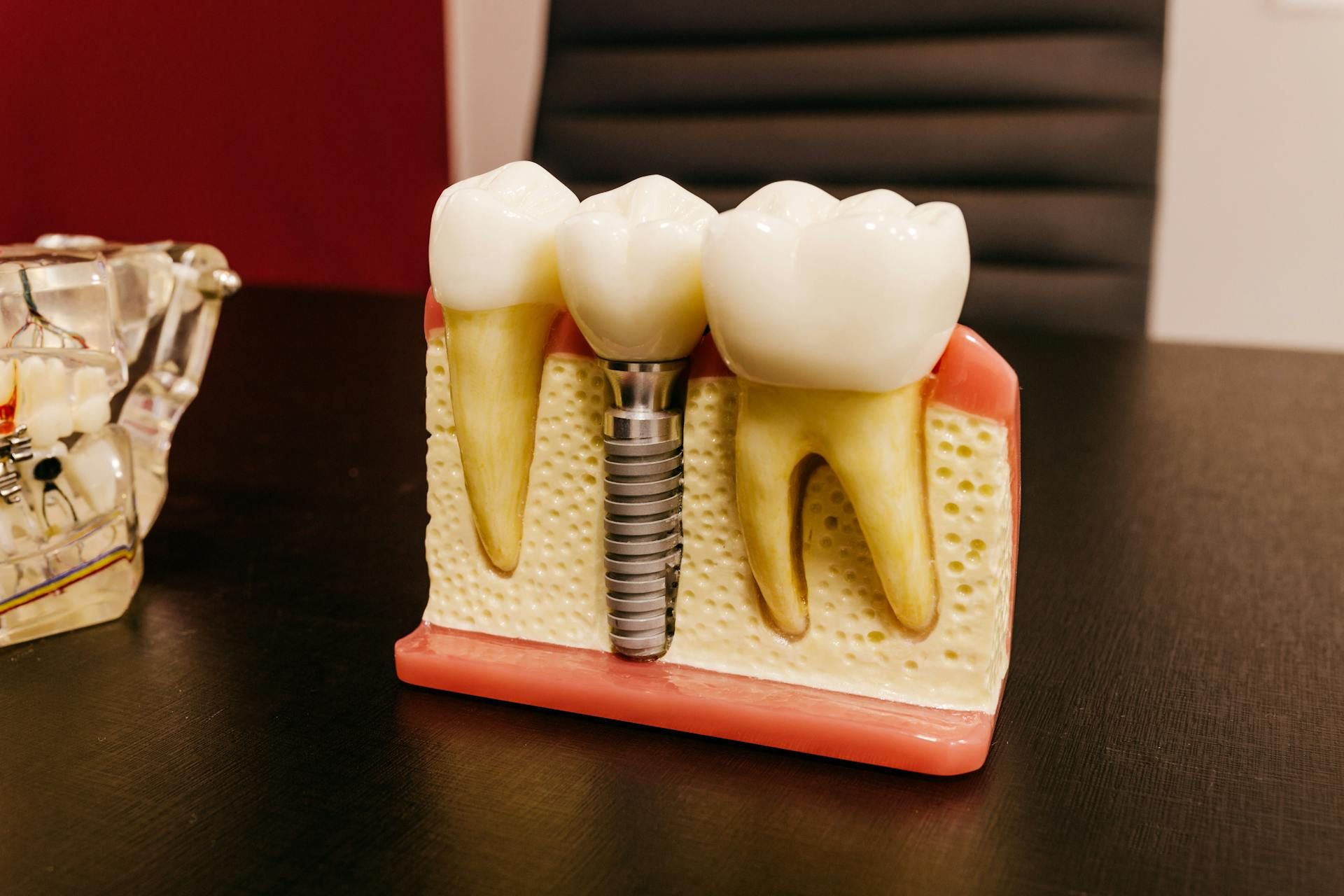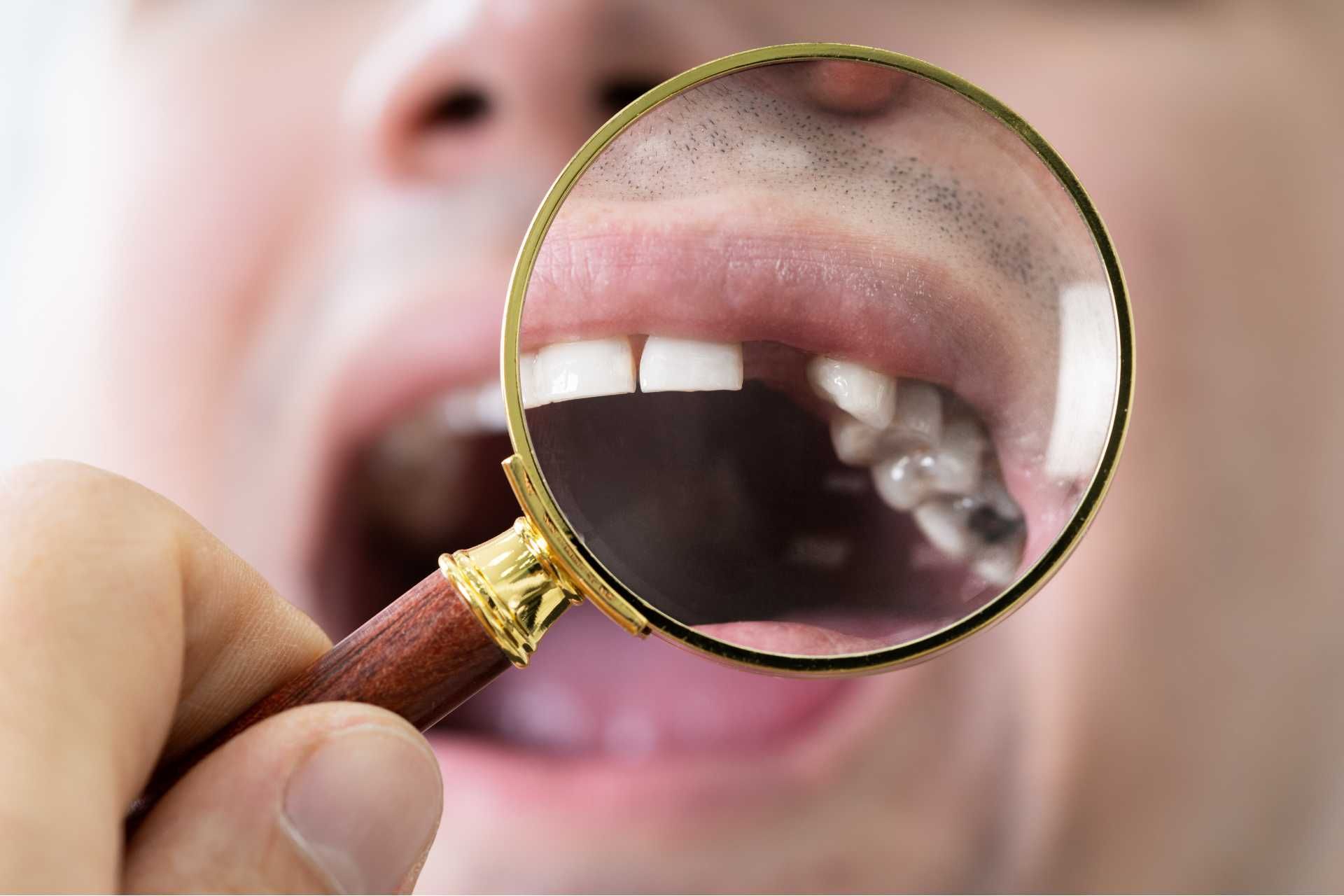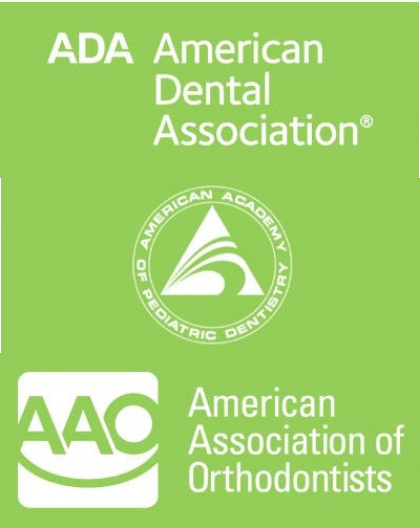What to Expect in a Routine Dental Check up
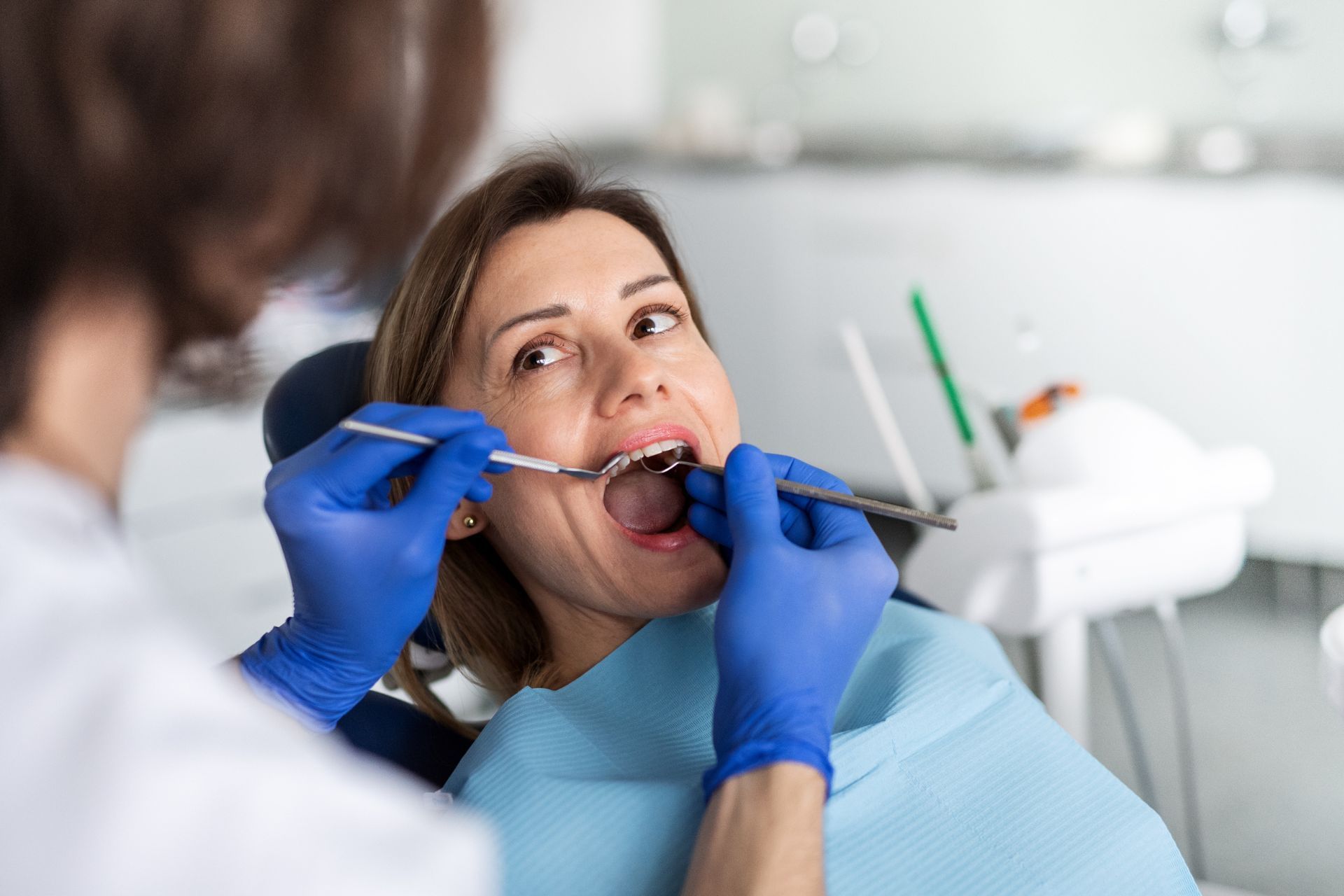
Regular dental check-ups are an essential part of maintaining good oral health. It's recommended that individuals visit their dentist for a routine check-up at least once every six months. These check-ups are crucial in preventing dental issues and catching potential problems early on before they escalate into more serious issues.
So, what to expect in a routine dental check up? Here's a breakdown of what typically happens during your visit to the dentist.
Cleaning
Dental cleaning, also known as a professional dental scaling and polishing, is an important part of maintaining a healthy mouth. It involves removing plaque and tartar that can build up on your teeth, leading to gum disease and tooth decay.
During a routine dental check-up, your dental hygienist will first examine your mouth for any signs of dental issues such as cavities, gum disease, or oral cancer. They will then proceed with the dental cleaning, using specialized tools and techniques to thoroughly clean your teeth and gums.
The dental cleaning process typically involves the following steps:
- Scaling: This involves using a scaler to remove plaque and tartar buildup from the surfaces of your teeth. Plaque is a sticky film of bacteria that forms on your teeth and can lead to cavities and gum disease if not removed regularly. Tartar, also known as calculus, is hardened plaque that can only be removed by a dental professional.
- Polishing: After scaling, your hygienist will polish your teeth using a gritty paste and a high-powered tool to remove any remaining stains and make your teeth smooth and shiny.
- Flossing: Your hygienist will then floss between your teeth to remove any plaque or debris that may have been missed during scaling and polishing.
- Fluoride treatment: Finally, your hygienist may apply a fluoride treatment to help strengthen your teeth and prevent cavities.
Benefits of regular dental cleanings during routine check-ups include:
- Prevention of cavities and gum disease
- Removal of stains and discoloration from your teeth
- Fresher breath
- Early detection of dental issues before they become serious
- Improved overall health, as oral health is closely linked to systemic health
It is recommended to have a dental cleaning every six months to maintain good oral hygiene and prevent dental issues. However, your dentist may recommend more frequent cleanings if you have gum disease or other risk factors for oral health problems.
Examination
After your cleaning, the dentist will perform a comprehensive examination of your teeth and gums.
During a dental examination, the dentist will carefully inspect each tooth and the surrounding gums to check for any signs of decay, cavities, or gum disease. They will also look for any issues with the bite or alignment of the teeth.
One of the first things the dentist will do during the examination is visually inspect the teeth and gums. They will look for any visible signs of damage or decay, such as cavities or discoloration. The dentist will also check for any signs of gum disease, such as redness, swelling, or bleeding.
In addition to the visual inspection, the dentist will also use special tools to further examine the mouth. This may include using a dental probe to measure the depth of the pockets between the teeth and gums, which can indicate the presence of gum disease. The dentist may also take x-rays to get a more detailed view of the teeth and jawbone.
If the dentist does find any issues during the examination, they will discuss treatment options with the patient. This may include procedures such as fillings for cavities, deep cleanings for gum disease, or orthodontic treatment for alignment issues.
X-rays
In some cases, the dentist may recommend taking x-rays of your teeth to get a more detailed look at your oral health.
Dental X-rays, also known as radiographs, are vital tools that help dentists detect and diagnose oral health issues that may not be visible to the naked eye. They can reveal cavities between teeth, bone loss in the jaw, impacted teeth, and other dental problems that would otherwise go unnoticed. By catching these issues early on, dentists can provide the appropriate treatment to prevent them from developing into more serious problems.
There are several different types of dental X-rays that your dentist may recommend, depending on your individual oral health needs. These include:
- Bitewing X-rays, which show the upper and lower teeth in a single view and are used to detect cavities between teeth.
- Periapical X-rays, which capture a detailed image of one or two teeth, including the surrounding bone and gums.
- Panoramic X-rays, which provide a complete view of all the teeth, jaws, and surrounding structures in a single image.
While some may be concerned about the amount of radiation exposure associated with dental X-rays, it's important to note that the dose of radiation from dental X-rays is very low and considered safe for most patients. In fact, the amount of radiation you receive from a dental X-ray is equivalent to what you would be exposed to on a cross-country flight or spending a day in the sun.
If you're pregnant, your dentist may recommend postponing routine dental X-rays until after your baby is born to minimize any potential risks. Additionally, modern dental X-ray machines are designed to minimize radiation exposure by using digital technology and lead aprons to protect vital organs.
Treatment plan
Based on the findings of the examination, the dentist will create a treatment plan tailored to your specific needs. This may involve scheduling follow-up appointments for further treatment or recommending changes to your at-home oral hygiene routine.
Oral hygiene tips
During your check-up, the dentist will also provide you with tips on how to maintain good oral hygiene at home.
- Brush and floss regularly: This may seem like a no-brainer, but regular brushing and flossing are essential for good oral hygiene. Make sure you are brushing your teeth at least twice a day and flossing once a day to remove plaque and food debris.
- Use a fluoride toothpaste: Fluoride is a mineral that helps prevent tooth decay and strengthens tooth enamel. Make sure the toothpaste you are using contains fluoride for added protection.
- Watch your diet: Avoid sugary and acidic foods and drinks, as they can contribute to tooth decay. Instead, opt for a balanced diet rich in fruits, vegetables, and whole grains.
- Limit tobacco and alcohol consumption: Smoking and excessive alcohol consumption can have damaging effects on your oral health. Try to reduce or eliminate these habits to maintain good oral hygiene.
- Stay hydrated: Drinking plenty of water can help wash away food particles and bacteria that can cause tooth decay. Aim to drink at least eight glasses of water a day to keep your mouth healthy.
During your routine dental check-up, your dentist will assess the overall health of your mouth, including checking for cavities, gum disease, and other oral health issues. They may also perform a professional cleaning to remove plaque and tartar buildup. By following these oral hygiene tips and attending regular check-ups, you can maintain a healthy smile for years to come.
How often do I need a dental check up?
Regular dental check-ups are essential for maintaining good oral health. But how often should you actually be seeing your dentist? While the general recommendation is to visit your dentist every six months for a check-up and cleaning, individual needs may vary based on your oral health and risk factors.
For most people, a biannual visit to the dentist is sufficient to prevent and catch any potential issues early on. During these appointments, your dentist will thoroughly examine your teeth and gums, looking for signs of decay, gum disease, or other issues. They will also perform a professional cleaning to remove plaque and tartar buildup that cannot be removed with regular brushing and flossing. This will help prevent cavities and gum disease and keep your oral health in top shape.
However, some people may need to see their dentist more frequently. If you have a history of gum disease, decay, or other dental issues, your dentist may recommend more frequent visits, such as every three to four months. Similarly, if you have certain health conditions like diabetes or a weakened immune system, you may also need to see your dentist more often to ensure your oral health is being properly monitored.
On the other hand, if you have excellent oral hygiene and no history of dental problems, your dentist may recommend less frequent visits, such as once a year. It's important to follow your dentist's recommendations based on your individual needs to ensure you are taking the best care of your teeth and gums.
Remember, dental check-ups are not just about keeping your teeth clean and cavity-free. They also play a crucial role in detecting and preventing more serious dental issues, like gum disease and oral cancer. By staying on top of your regular dental check-ups, you can maintain good oral health and catch any potential problems early on before they become more serious and costly to treat.
How much does a dental check-up cost?
The average cost of a dental check-up can range from $50 to $200, depending on the location and dental provider. This usually includes a thorough examination of your teeth and gums, as well as a professional cleaning by a dental hygienist. X-rays may also be necessary, which can add to the overall cost of the visit.
If you have dental insurance, the cost of a check-up may be partially or fully covered depending on your plan. It’s important to check with your insurance provider to understand what is covered and what out-of-pocket expenses you may be responsible for.
For those without dental insurance, there are still ways to make dental care more affordable. Many dental offices offer payment plans or discounts for cash payments. Additionally, there are often community clinics or dental schools that provide low-cost or free dental services to those in need.
Schedule your Dental Visit
At Pennington Orthodontics & Pediatric Dentistry, we understand that every patient is different and deserves individualized care. Our team values open communication and will take the time to listen to your concerns, answer your questions, and involve you in the decision-making process for your treatment.
Don't wait any longer to
schedule your dental visit at Pennington Orthodontics & Pediatric Dentistry.
